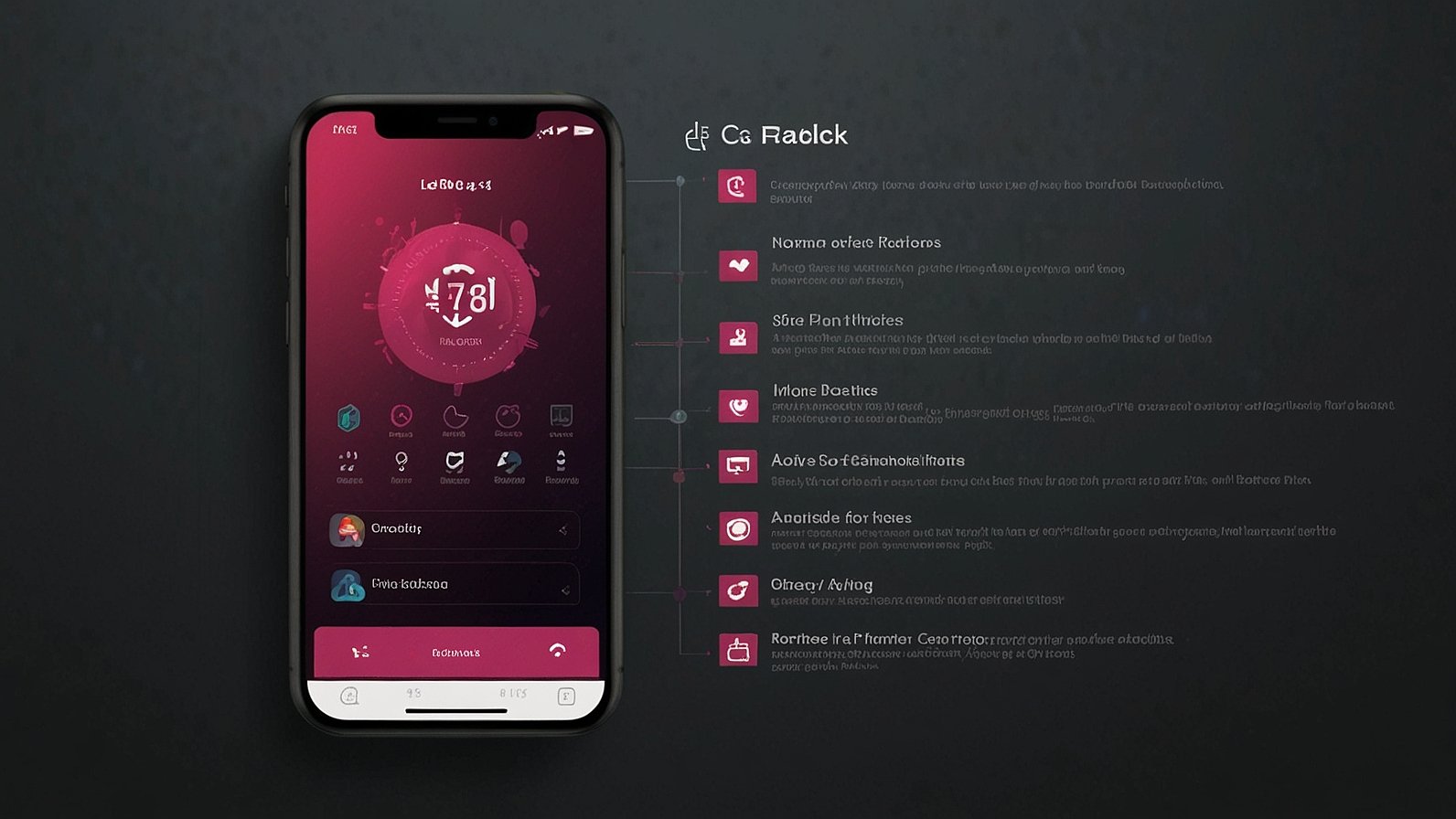Did you know that in South Africa alone, over 200,000 Non-Profit Companies (NPCs) are driving positive change in communities? But every single one of these powerful entities started in the exact same place: the official NPCs register. If you’re passionate about starting a mission-driven organisation, understanding this registration process isn’t just paperwork—it’s the key that unlocks legal legitimacy, public trust, and crucial funding. So, what does it really take to get your noble idea officially on the map? Let’s explore it.
What Exactly is the NPCs Register?
Think of the NPCs register as the official birth certificate for a non-profit company. It’s not a physical book but a formal, digital record maintained by a national authority—like the Companies and Intellectual Property Commission (CIPC) in South Africa or Companies House in the UK for similar entities.
When you complete your NPC registration, you are doing much more than just filing forms. You are formally introducing your organisation to the government and the public. You’re saying, “We exist, our purpose is clear, we are accountable, and we are here to serve a cause greater than profit.” This act transforms your group from an informal club into a recognised legal entity, separate from its founders and members.
Why Bother? The Unmissable Benefits of Registration
You might run a small community garden or a local animal shelter without being registered. So, why go through the hassle? The benefits are profound and, for any organisation that wants to grow, absolutely essential.
- Legal Personality: Once registered, the NPC itself can own property, open a bank account, enter into contracts, and sue or be sued in its own name. This protects the founders’ personal assets from the company’s liabilities.
- Access to Funding: This is a huge one. Most government grants, corporate social investment (CSI) funds, and foundation donations are exclusively available to registered non-profits. Your application for a grant from giants like the Bill & Melinda Gates Foundation or local entities like the National Lotteries Commission will immediately be rejected without that registration number.
- Tax Exemptions: Registered NPCs can apply for tax-exempt status with the revenue service (e.g., SARS in South Africa, the IRS in the US). This means the organisation doesn’t pay income tax on donations or grants, and donors may even get a tax deduction for their contributions. It’s a win-win for funding.
- Credibility and Trust: That registration number on your website and letterhead is a badge of honor. It signals to potential donors, volunteers, and partners that you are transparent, accountable, and operating above board. It shows you’re serious.
Your Step-by-Step Guide to the Registration Process
The process can feel daunting, but breaking it down into manageable steps makes it clear. While the exact requirements vary by country, the core principles are universally similar.
Step 1: Lay Your Foundation
Before you even look at a form, you need your founding documents. These are the constitution of your new organisation.
- Memorandum of Incorporation (MOI): This is the supreme rulebook. It must clearly state that the company is an NPC for public benefit and that its income and property are not distributable to members. It will outline your company’s name, objectives, and rules for governance.
- Choose a Name: Pick a name that reflects your mission. The registering authority will have to approve it to ensure it’s not already taken and doesn’t contain protected words.
Step 2: Prepare the Paperwork and People
You’ll need to identify your founding members and directors. Most jurisdictions require at least three incorporators (founders) and three directors for an NPC. These individuals must be fit and proper, meaning they haven’t been convicted of fraud or other crimes that would make them unsuitable to run a public-benefit organisation.
Step 3: Lodge with the Authority
This is the official submission, or NPCs register request. Today, this is almost always done online through the portal of the relevant government department. You will:
- Complete the application form (e.g., CoR 15.1A in South Africa).
- Upload your drafted MOI.
- Provide the details of all incorporators and directors.
- Pay the required registration fee.
Step 4: Post-Registration Steps
Congratulations, you’re registered! But the work isn’t quite over. Your new NPC now has ongoing duties to maintain its good standing.
- Apply for Tax Exemption: Separate from company registration, you must now apply to your country’s revenue service for Public Benefit Organisation (PBO) or charity tax status.
- Open a Bank Account: Use your registration certificate to open a dedicated business bank account. Never mix organisational funds with personal accounts.
- Maintain Records and Report Annually: You are legally required to keep accurate accounting records and, in most cases, submit annual returns and financial statements to the registering authority. This is how you maintain transparency.
Common Pitfalls and How to Avoid Them
Many well-intentioned organisations stumble on simple mistakes. Here’s what to watch out for:
- Vague Objectives: Your MOI’s purpose clause must be crystal clear. “To help people” is too vague. “To provide weekly nutritious meals to 100 low-income elderly residents in the District X community” is specific and measurable.
- Governance Gaps: Your MOI must have clear rules for appointing directors, holding meetings, and making decisions. A weak governance structure leads to internal conflict and operational failure.
- Ignoring Ongoing Compliance: Registration isn’t a one-and-done event. Failing to file your annual returns can result in heavy penalties and even being deregistered, undoing all your hard work.
- Trying to Go It Alone: While it’s possible to DIY, the legal language can be tricky. A quick consultation with a lawyer specialising in non-profit law or using a trusted online service like Xero’s guided setup or local equivalents can save you countless headaches.
Bringing It All to Life: A Real-World Example
Imagine a group of teachers, “EduFuture,” wants to start an after-school coding club in underserved schools. As an unregistered group, they can volunteer their time but face big hurdles:
- They can’t accept a grant from a tech company like Microsoft’s philanthropy arm.
- They have to pay for supplies out of their own pockets.
- The school principal is hesitant to partner with a group that lacks formal status.
By going through the NPCs register process, EduFuture becomes “EduFuture NPC.” They can now:
- Open a bank account and deposit a R50,000 grant from a local business.
- Receive donated laptops from a corporation, which gets a tax write-off.
- Sign a formal partnership agreement with the school district.
- Operate with the confidence that their personal homes are not at risk.
The registration process was the catalyst that turned a passionate idea into a sustainable, impactful organisation.
Conclusion: Your Next Steps Towards Making a Difference
Registering your NPC is the critical first act of building a legacy of change. It’s the formal commitment to your cause. To get started, here are your five actionable tips:
- Clarify Your Mission: Nail down your objectives with pinpoint accuracy.
- Assemble Your Team: Find at least two other committed, trustworthy founders.
- Draft a Rock-Solid MOI: Use templates from your national registry or seek professional help to get this right.
- Gather Your Docs: Have IDs, address proofs, and payment method ready for the online portal.
- Plan for Compliance: Mark your calendar for annual return deadlines from day one.
The path to creating lasting impact is paved with purpose, passion, and a little bit of paperwork. Are you ready to take that first official step? What cause are you looking to champion with your NPC?
You May Also Read: Betechit.com Contacts: Your Ultimate Guide to Seamless Tech Support and Beyond
FAQs
How long does the NPC registration process take?
This varies by country and the efficiency of the registering authority. With a complete and correct application submitted online, it can take anywhere from a few business days to several weeks. Delays usually happen if there are errors in the forms or name conflicts.
How much does it cost to register an NPC?
The cost is relatively low compared to for-profit entities, often just a minor filing fee. For example, in South Africa, the fee is currently R50 for the online registration. However, if you use a lawyer or a registration service, you will pay for their time on top of the government fee.
Can an NPC pay salaries to its staff and directors?
Yes, absolutely. The “non-profit” distinction refers to the purpose of the organisation, not its ability to pay people. An NPC cannot distribute profits to members as dividends. However, it can and should pay fair and reasonable salaries to employees and executive directors for the work they do. This is essential for attracting and retaining talented professionals.
What is the difference between an NPC and a charity or PBO?
This is a common point of confusion. The NPC registration incorporates the company, giving it legal status. A PBO (Public Benefit Organisation) or charity status is a tax classification awarded separately by the revenue service. You must first be a registered NPC (or similar entity) before you can apply for PBO tax-exempt status.
What happens if we don’t submit our annual returns?
The consequences are serious. The registering authority will first impose financial penalties. If you continue to be non-compliant, they can ultimately deregister the NPC. This means the organisation ceases to exist as a legal entity, loses all its tax benefits, and any assets could be forfeited to the state.
Can the name of our NPC be changed after registration?
Yes, but it requires a formal process and another application (and fee) to the registering authority. The new name will have to be approved and updated on the register.
Can an NPC do any kind of business to make money?
Yes, an NPC can engage in trading activities (e.g., selling merchandise, hosting paid workshops) to generate income. This is often called “social enterprise.” The critical rule is that any surplus income generated must be used solely to further the NPC’s stated public benefit objectives, not distributed to members.










